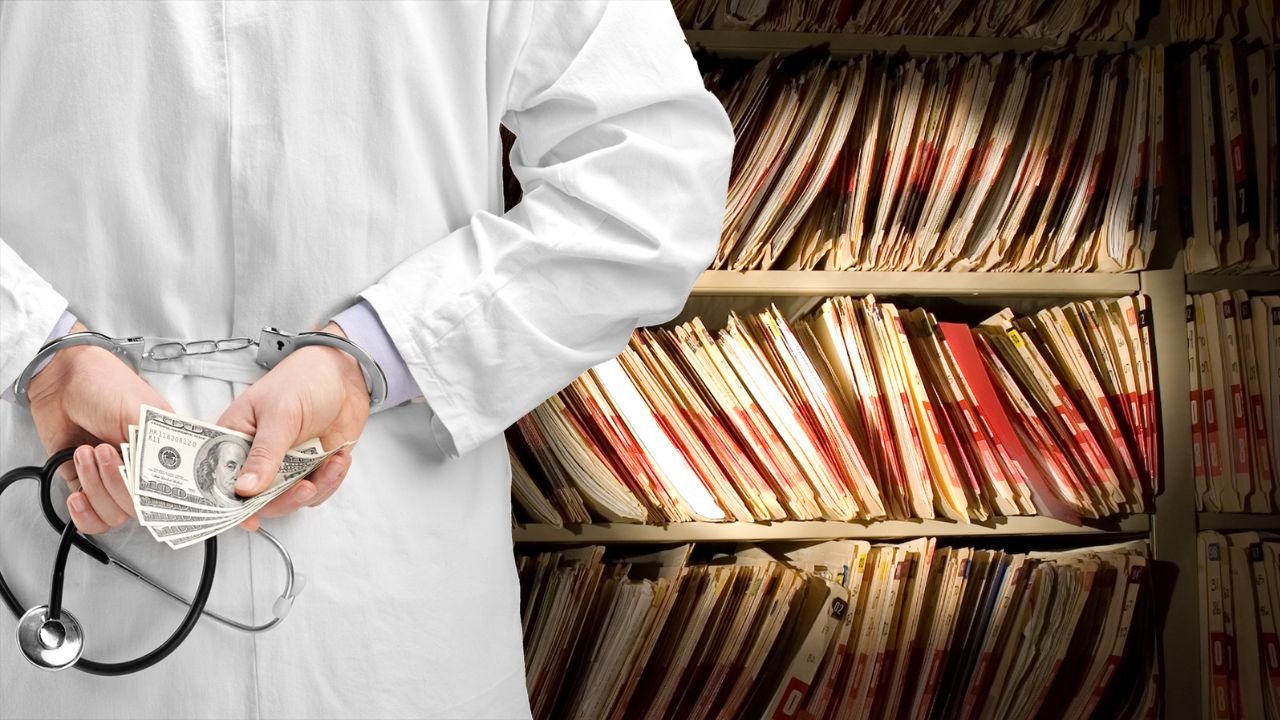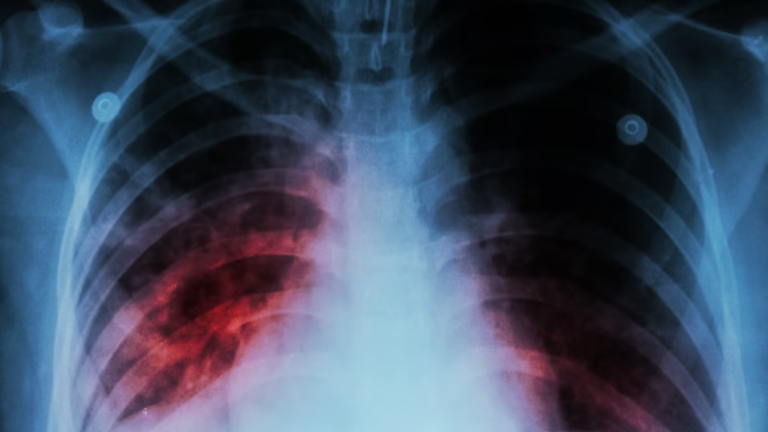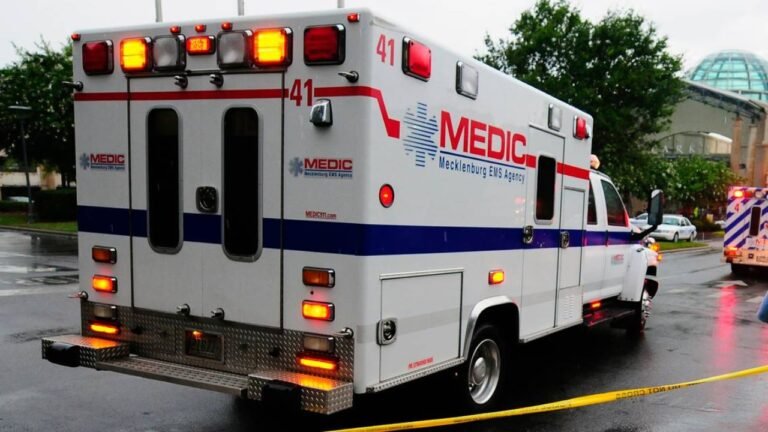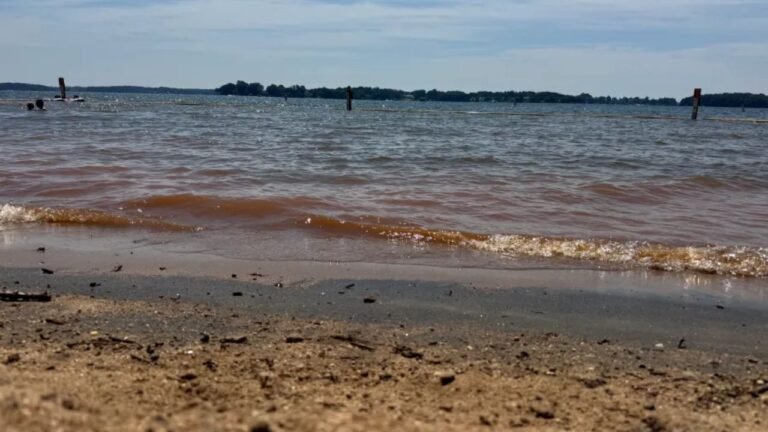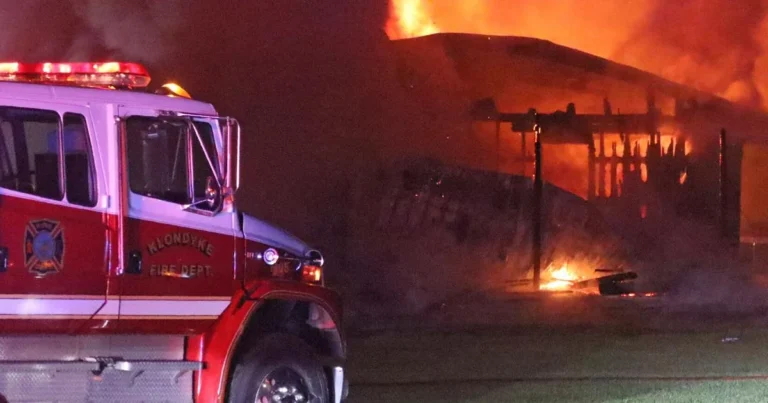Dozens Charged in Multi-State Healthcare Fraud Sweep Tied to Over $100 Million in Medicaid Scams
CHARLOTTE, N.C. – Federal officials have announced charges against dozens of individuals across South Carolina and North Carolina in a sweeping healthcare fraud investigation that uncovered more than $100 million in fake claims and stolen taxpayer funds.
From fake behavioral clinics in rural towns to gift card bribes in urban addiction centers, the fraud schemes touched every corner of the Carolinas — and prosecutors say they directly impact Medicaid and Medicare patients, veterans, and honest small providers.
“Healthcare fraud is not a victimless crime,” said U.S. Attorney Dena King of the Western District of North Carolina. “Every taxpayer, every patient waiting for care, and every honest provider is affected.”
What the Fraud Looked Like in South Carolina
Several of the largest scams identified in this week’s bust operated either inside South Carolina or were closely tied to providers and patients here.
1. $21 Million Scam Tied to Fake Clinics:
A group led by Donald Saunders (Charlotte, NC) and including Vanessa Boatright (Manning, SC), Cynthia Harris (Elgin, SC), and Latarsa Hitchcock (Raleigh, NC) allegedly set up phony behavioral health centers that billed Medicaid for therapy sessions that never happened.
These clinics existed on paper only — and in some cases, used real patient identities without consent to submit thousands of false claims.
2. Durable Medical Equipment (DME) Fraud:
-
Tina Armstrong of Florence, SC ran Safe at Home Medical Supplies, allegedly billing over $100,000 for items never delivered or not medically necessary.
-
A Florida man, Randal Wood, was also charged in connection with a $39 million nationwide DME scam that involved manipulating doctors and falsifying prescriptions — with many claims submitted through SC-based billing addresses.
3. VA Healthcare Abuse:
-
Dee Moton of Aiken, SC, a massage therapist, reportedly billed the U.S. Department of Veterans Affairs for services like “wheelchair therapy”, even when patients weren’t in wheelchairs. Prosecutors say she defrauded the VA out of $2.3 million.
4. Nursing Home Theft:
-
Latisha Massey (Greer, SC), a CNA, is accused of stealing from an elderly healthcare resident, including financial data and personal funds — raising alarms about patient trust and staff screening in eldercare.
What Happened in North Carolina
North Carolina was also at the center of several headline-grabbing cases:
-
Crystal Jackson, a former licensed addiction specialist in Charlotte, submitted $1.9 million in false Medicaid claims.
-
Life Touch LLC, based in eastern NC, paid patients with gift cards to come back for billable services and manipulated lab tests, generating over $25 million in Medicaid funds.
These schemes exploited North Carolina’s Medicaid program, but federal officials note that many billing systems and provider licenses cross state lines, meaning South Carolina residents may have been included as patients or co-defendants in these operations.
How This Affects South Carolina Residents
Many readers might wonder:
“If I’m not on Medicaid or Medicare, does this really affect me?”
The answer is: Absolutely.
-
Taxpayer dollars fund Medicaid and Medicare, so when providers cheat the system, it’s your money being stolen.
-
Fraud forces states to spend more auditing, policing, and repairing billing systems — resources that could go to schools, roads, or rural healthcare.
-
Widespread abuse increases scrutiny and slows approvals for honest patients and providers.
-
Vulnerable populations — veterans, seniors, and children — often become targets for identity theft or sham services.
What Authorities Are Doing Next
The federal sweep led to:
-
324 individuals charged nationally, including 80+ in the Carolinas
-
Over $245 million in assets seized, including cash, luxury cars, and cryptocurrency
-
205 providers stripped of Medicaid billing rights
-
An estimated $4 billion in suspicious claims blocked before payment
This is one of the largest fraud takedowns in U.S. healthcare history — but officials say more arrests are likely, and state partnerships will expand to catch smaller local rings.
How You Can Protect Yourself and Report Fraud
South Carolina residents can take several steps to avoid becoming victims or to help report suspicious behavior:
Review your Explanation of Benefits (EOBs): Even if services are “free,” check what your insurance or Medicaid was billed for.
Never give your Medicaid or Medicare number to anyone offering cash, gift cards, or “free” medical gear unless you trust the provider.
Report suspected fraud to:
-
S.C. Attorney General’s Medicaid Fraud Unit: (803) 734-3660
-
HHS Office of Inspector General Hotline: 1-800-HHS-TIPS
Have you or a loved one been affected by suspicious healthcare charges in South Carolina? Share your experience or tips confidentially at saludastandard-sentinel.com — your voice can help stop fraud in our community.

